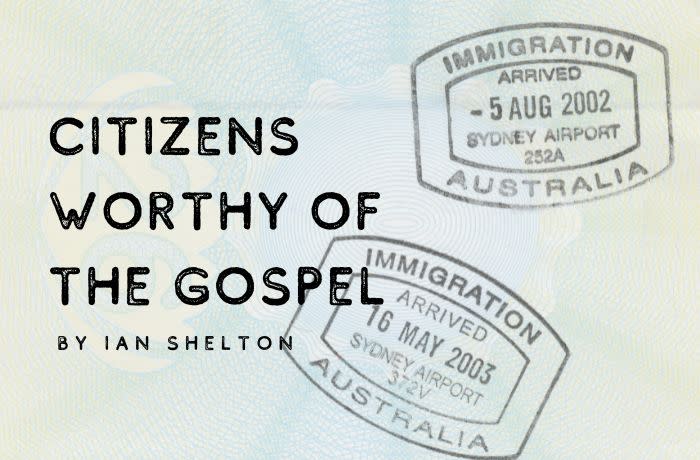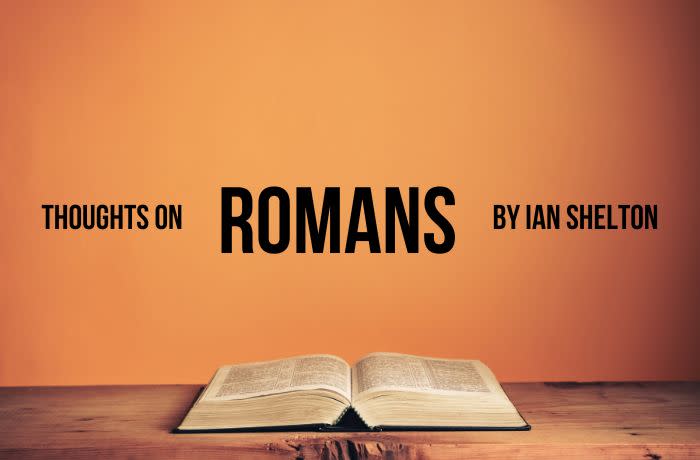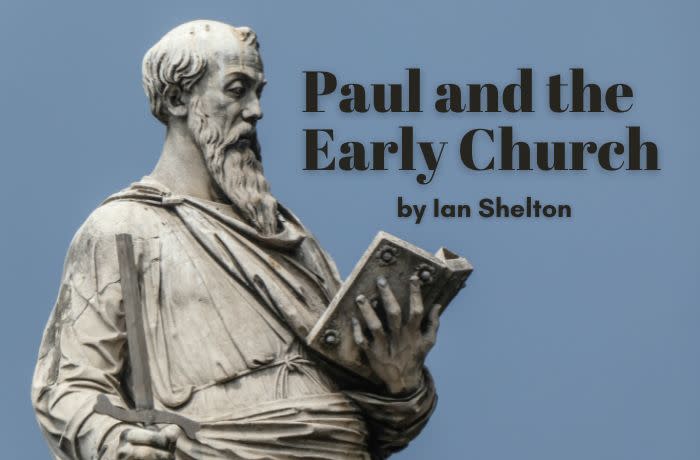Download our vision book
To read through Acts and see this young missionary movement go from city to city with the good news of a new King called Jesus, who was promised in the old Jewish writings, came as a baby, lived and ministered before finally being crucified by the Romans, but then rose again from the dead and now lives and reigns forevermore, is exciting reading. This King not only forgave sins, healed bodies, etc., but also transformed families and communities.
Everywhere the early apostolic teams went there were riots and city wide disturbances because the church planters used words like king, saviour, gospel, justice and peace which were all words that the Roman Emperor applied to himself and to his empire.
This is why the gospel is always political because every time they said Jesus is King the implications were that Caesar was not. That was seen as treasonous by the authorities. The early church did not live behind cloistered walls, it was not pietistic or individualistic. It was a vibrant community of faith going into all the world with faith and excitement.
In the face of much political and religious opposition this vibrant young church pushed on, lighting up city after city with their preaching and good works, healing the brokenness and confronting the powers of darkness.
The early church offered an alternative to the Empire and culture of the day. Instead of domination and oppression the Christians came in humility to serve and bless even their enemies.
Let’s look at this early church. How did they see themselves? How did they understand the meaning of the word “church” that Jesus said He would build (Matt. 16:28). Why did Jesus use the Greek word ekklesia which was well known in the culture of the day?
THE EKKLESIA
Brian Simmons in The Passion Translation says the church is Christ's Legislative Assembly. In his margin notes he explains the meaning of the word ekklesia in the culture of the day. He then goes on to say that the keys of the kingdom represent the authority to rule. Below is Simmon’s translation of Matthew 16:18-19 followed by his notes on the passage.
“I give you the name Peter, a stone. And this truth of who I am will be the bedrock foundation on which I will build my church—my legislative assembly, and the power of death will not be able to overpower it! I will give you the keys of heaven’s kingdom realm to forbid on earth that which is forbidden in heaven, and to release on earth that which is released in heaven.” (Matt. 16:18-19 TPT)
“The Greek word for “church” is ekklesia and means “legislative assembly” or “selected ones.” This is not a religious term at all, but a political and governmental term that is used many times in classical Greek for a group of people who have been summoned and gathered together to govern the affairs of a city. For Jesus to use this term means he is giving the keys of governmental authority in his kingdom to the church.”
Brian Simmons adds to these margin notes in Hebrews 12:23 and 1 Thess. 1:1 where he explains that in the Greek culture of the day, the ekklesia meant more than a church meeting but rather the governing assembly which had the authority to make decisions for the entire city. The ekklesia were given the duties of legislating on behalf of a city, similar to a city council.
What was Jesus saying? The church was like His “city council” to make decisions to shape the future of the city? In light of our understanding of church today this seems incredible.
In the mid nineties there was a point where I felt frustrated as the pastor of a local church. I did not know why I felt like that so I began to cry out to God in my frustration. A response came quickly when I felt God telling me that He wanted me to “pastor the city” as well as my local church. This thought came as a shock to me. It began a journey of seeking to understand what this meant practically. Over time a small group of leaders came to the same understanding. We then entered into a season that saw the launching of several initiatives that impacted the city.
The church is God’s “city council,” called, not to be OF the city, but FOR the city. As Tom Wright says in How God became King, Christ’s kingdom was not OF this world but it is a kingdom IN and FOR this world (Page 229ff). So the church is a counter cultural community of love seeking to bestow the blessings of heaven through the humility of servanthood into the city. In terms of this world, the church represents an “upside down” kingdom manifested as an “upside down city council.”
What would God’s “city council” look like in your city/town?
By Ian Shelton Coordinator of Movement Australia



